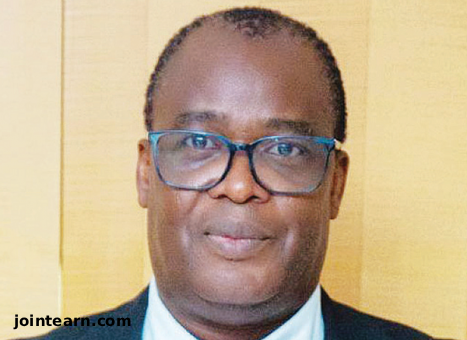
Former Mayor of Lambeth and long-time British-Nigerian politician Adedamola Aminu has criticised Nigeria’s opposition parties for lacking structure, organisation, and a credible vision to challenge the government effectively. In this interview, he discusses the role of the opposition, the state of education, governance reforms, and how Nigerians in the Diaspora can help rebuild the nation.
Early Years and Education
Reflecting on his upbringing in Nigeria, Aminu described his childhood as “memorable,” recalling a time when education and public safety were better managed.
“Our schools were well funded, and we could travel freely without fear. Today, education is no longer a priority in many states,” he lamented.
His passion for teaching, he said, stemmed from a desire to give back. After earning a Grade II teaching qualification in Nigeria, he relocated to the United Kingdom for further studies, eventually qualifying to teach there.
Aminu believes Nigeria’s educational system has deteriorated due to chronic underinvestment, particularly in primary and secondary schools.
“Successive governments have abandoned education, leaving old students to fund infrastructure projects. Nigeria must invest in vocational training to equip young people with practical skills for self-employment,” he added.
Economic Challenges and Governance
Commenting on Nigeria’s current economic state, Aminu said President Bola Ahmed Tinubu’s administration has initiated meaningful reforms but noted that results would take time to manifest.
“Tinubu’s policies on loans for students, agricultural reforms, and power improvements are commendable. But we need a minister to monitor the performance of state and local governments — they are closest to the people,” he said.
He stressed that Nigerians must hold governors, lawmakers, and local government chairmen accountable instead of blaming the federal government for all failings.
Aminu also called for a review of the banking system, urging the Central Bank of Nigeria (CBN) to reduce interest rates to single digits and streamline excessive bank charges. He advocated for greater investment in solar energy to ease pressure on the national grid.
Civil Service and Corruption
The former mayor said corruption within the civil service remains a major obstacle to progress.
“Public servants are sabotaging government efforts through inefficiency, bribery, and vandalism. Until this mindset changes, Nigeria’s development will remain slow,” he warned.
Diaspora Engagement
Aminu emphasised that Nigerians in the Diaspora already contribute significantly through remittances and investments, but argued that the government is not fully leveraging their expertise.
“The government should engage more Nigerians abroad who have excelled in education, politics, medicine, and engineering. Many are willing to help, but they must be properly represented in NIDCOM and other relevant bodies,” he said.
He suggested that Nigeria tap into the experience of British-Nigerian politicians, councillors, and mayors to strengthen local governance structures at home.
On State Policing
While supporting the idea of state police, Aminu believes Nigeria must first reform its current system.
“It’s only in Nigeria that individuals can hire police officers for personal protection. That must stop. The police should serve the public, not private individuals,” he said.
Opposition Politics in Nigeria
Aminu was blunt in his assessment of Nigeria’s opposition parties, describing them as disorganised and ineffective.
“There’s no real opposition in Nigeria today. Parties exist but lack the structure and policy alternatives to challenge the ruling government constructively,” he said.
He argued that effective opposition should involve shadow ministers or spokespersons within the National Assembly who can hold the government accountable and propose alternative solutions.
“In Nigeria, opposition parties go to sleep after elections and only wake up when the next one is near. Before every election cycle, parties should already have candidates and programmes actively engaging citizens,” he said.
Message to the Youth
Aminu urged young Nigerians to embrace hard work, honesty, and mentorship as pathways to success.
“There’s no shortcut to success. Youths must find good role models and engage positively in their communities,” he advised.


Leave a Reply